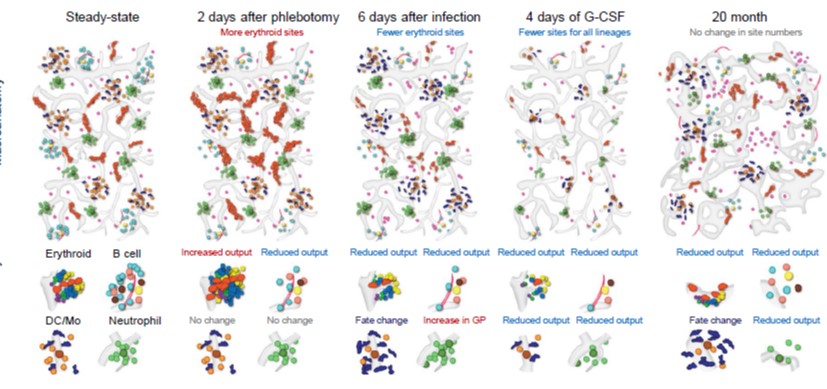New Heat-Stable Rotavirus Vaccine Shows Efficacy in Niger
Research By: Monica McNeal, MS
Post Date: June 30, 2019 | Publish Date: March 23, 2017

Every year, rotavirus causes about 37% of deaths from diarrhea among children younger than 5 years of age worldwide, with a disproportionate effect in sub-Saharan Africa. But clinical trial results published in the The New England Journal of Medicine show signs of progress from a newer, less costly vaccine that requires no refrigeration.
The study evaluated a live, oral bovine rotavirus pentavalent vaccine (BRV-PV) created by scientists at the National Institues of Health and further developed by the Serum Institute of India. Monica McNeal, MS, a virologist in the Division of Infectious Diseases at Cincinnati Children’s, was a major contributor to the study.
In Niger, more than 3,500 healthy infants received three doses of the vaccine or placebo at 6, 10, and 14 weeks of age. Doctors observed 87 cases of severe rotavirus gastroenteritis in the placebo group, but just 31 in the vaccine group.
These results translate to a vaccine efficacy of 66.7%, the co-authors state. There was no significant between-group difference in the risk of adverse events and none of the vaccinated infants had confirmed intussusception.
“For this specific paper, we provided laboratory support to analyze samples collected during the study. Although this first paper mainly dealt with safety and efficacy, additional papers from this study will include immunogenicity of the vaccine. We ran immune assays on the sera and breast milk collected in this study in addition to characterizing the rotavirus stains collected from the subjects that experienced rotavirus illness,” McNeal says.
McNeal, associate director of the Laboratory for Specialized Clinical Studies, has more than 23 years of experience in rotavirus research. She has established an adult mouse model that has been used extensively in this facility and labs around the world.
The new rotavirus vaccine would be the third to be developed in recent years.
Scientists at Cincinnati Children’s developed the first effective rotavirus vaccine, Rotarix™, which first received approval in Mexico in 2004 and has been approved by many nations since. Rotarix is based on a live, attenuated human strain of rotavirus.
Another vaccine, RotaTeq, received US FDA approval in February 2006. The new vaccine from the Serum Institute is more similar to RotaTeq than Rotarix in that both are derived from several live oral strains containing genes from human rotaviruses on a backbone of an animal rotavirus, McNeal says.
“We are continuing our work on this study and are continuing our collaboration with Medicine without Borders (sponsor of the trial) and our association with Serum Institute of India (SSI),” McNeal says.
Watch this video to learn more about Cincinnati Children’s pioneering work in rotavirus vaccine research:

| Original title: | Efficacy of a Low-Cost, Heat-Stable Oral Rotavirus Vaccine in Niger |
| Published in: | New England Journal of Medicine |
| Publish date: | March 23, 2017 |
Research By







